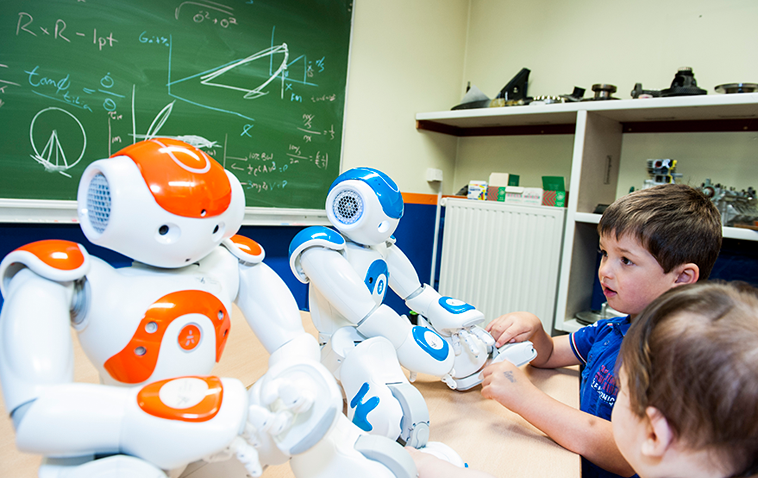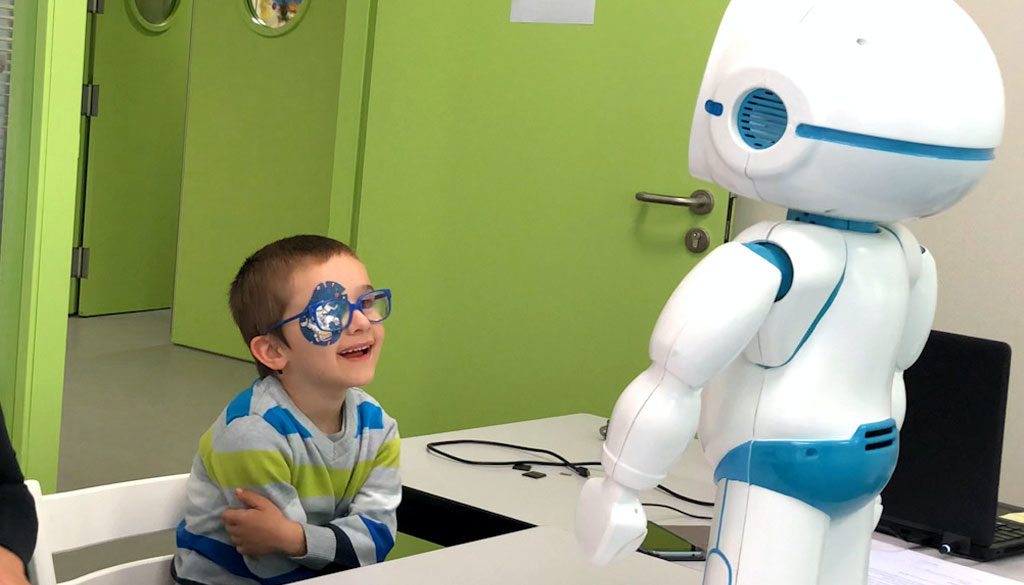Children with autism spectrum disorder (ASD) have been taught using RobotICs, although these treatments have frequently included pricey humanoids. Non-humanoid robots and their potential to lessen the workload of human special educators are the subjects of a study article. Non-humanoid toy robots may have a key role to play in assisting special educators in the autism education process, according to study from the Indian Institute of Science (IISc) and the Academy for Severe Handicaps and Autism (ASHA), Bengaluru.

In Xian, China in 2021, the study was presented at the IEEE International Conference on Robotics and Automation. One of its key authors, Nabanita Paul, has just received the IISc’s Murthy Govindaraju “Women in Computer Science” Research Endowment Award.
Individuals with ASD may behave, talk, interact, and learn differently than most other people. ASD is a developmental condition brought on by changes in the brain.
The paper’s treatments concentrated on the communication and gross motor development of ASD kids. The paper describes three studies: Cozmo, a toy robot, helps special educators teach verbal lessons on school property; Tello, a small drone, helps special educators teach exercise lessons; and Cozmo, special educators, and children with autism spectrum disorders collaborate remotely to teach verbal lessons. In the “Talk With Cozmo” sessions (20 kids), stories were told and then questions about the stories were asked. In the “Exercise With Tello” sessions (55 kids), simple exercises like raising the arms and squatting were taught. In the “Learn With Cozmo Online” sessions (7 kids), various topics were covered, such as learning to spell three-letter words and phonetic learning.
The learning results with and without these treatments were measured and compared by the researchers.
According to the article, “all three investigations indicated improvement in learning outcomes and a decrease in prompts from Ses (special educators), signifying reduced burden.”
Our findings indicate that employing robots should be taken into consideration when developing online treatments since kids spent more time on courses during the Cozmo online intervention. Additionally, Cozmo’s responsibilities were examined, and it was shown that when Cozmo serves as a co-instructor, youngsters exhibit more spontaneous involvement.











